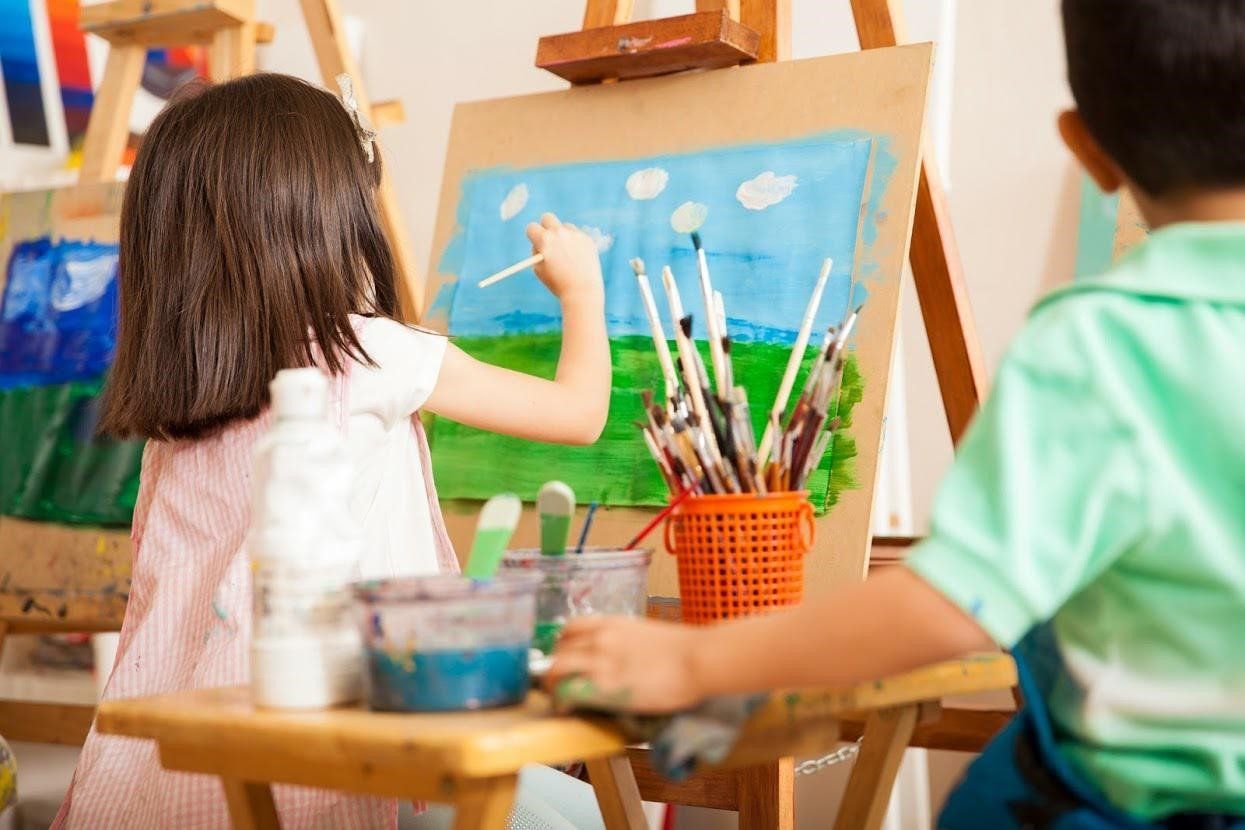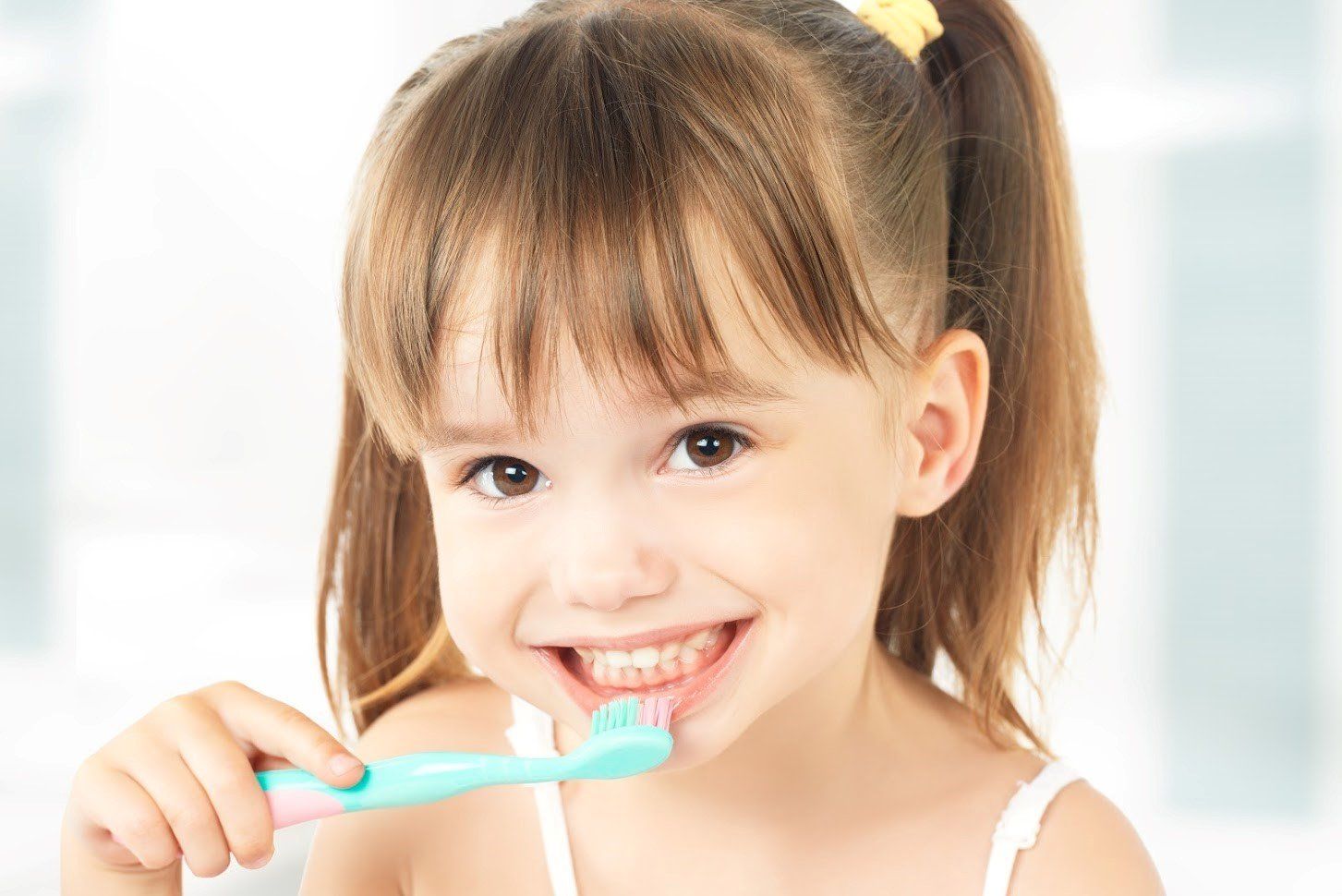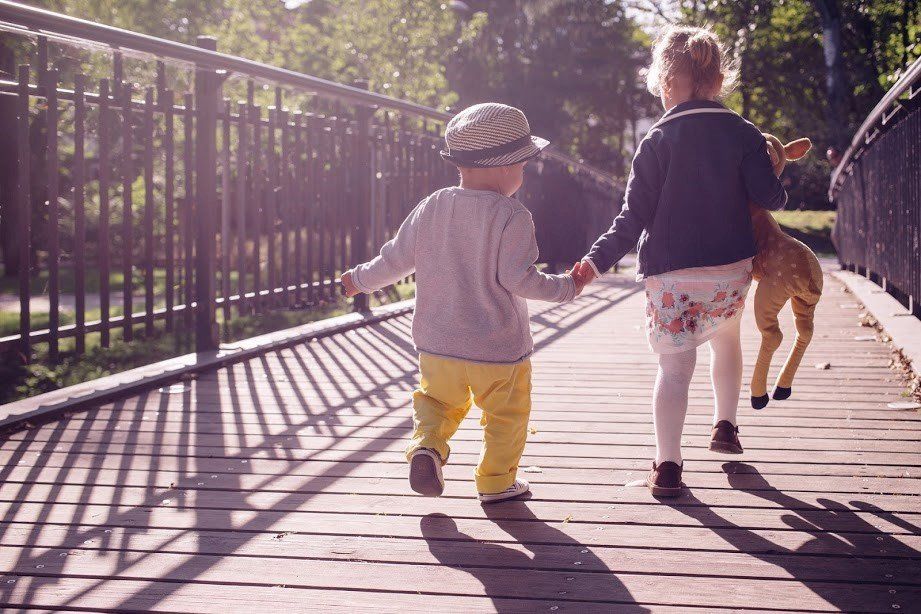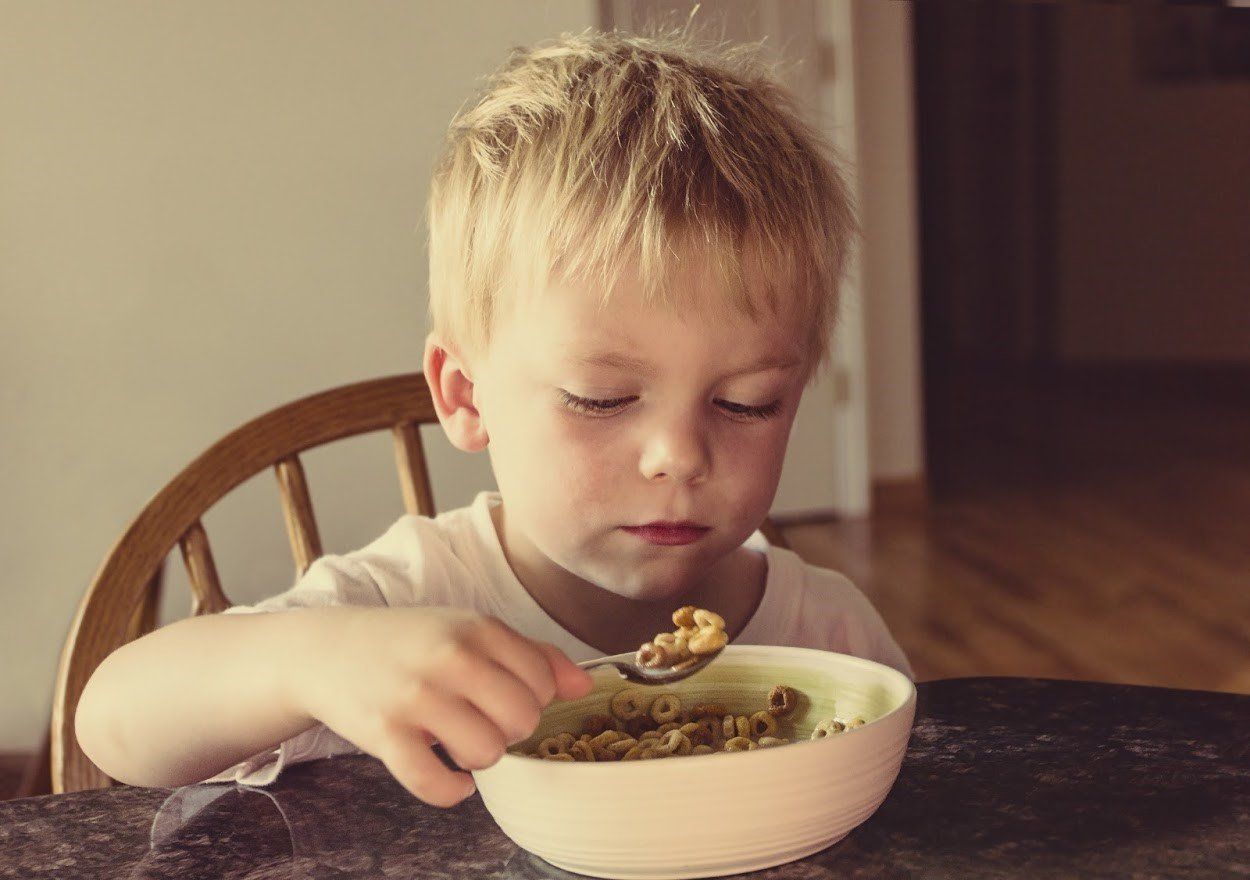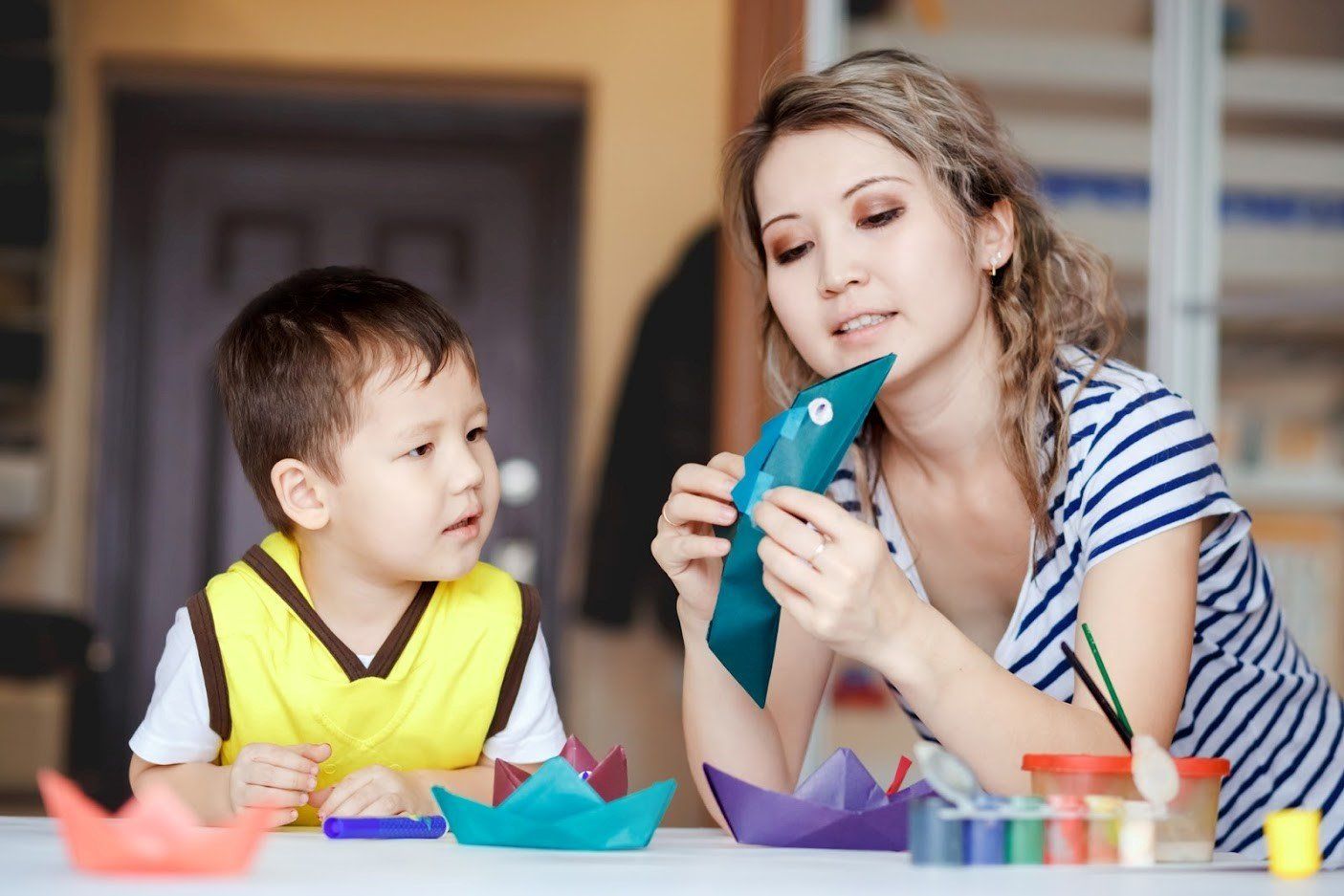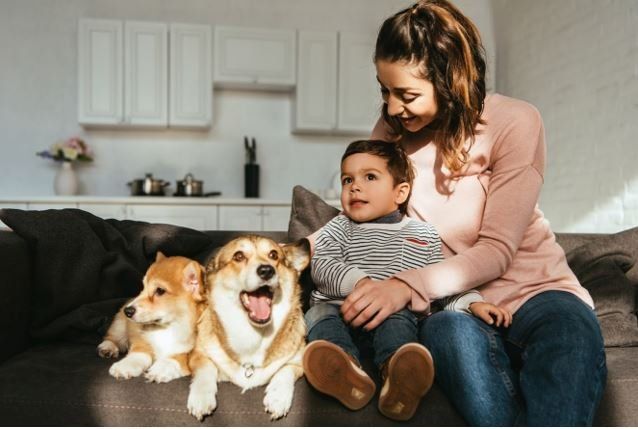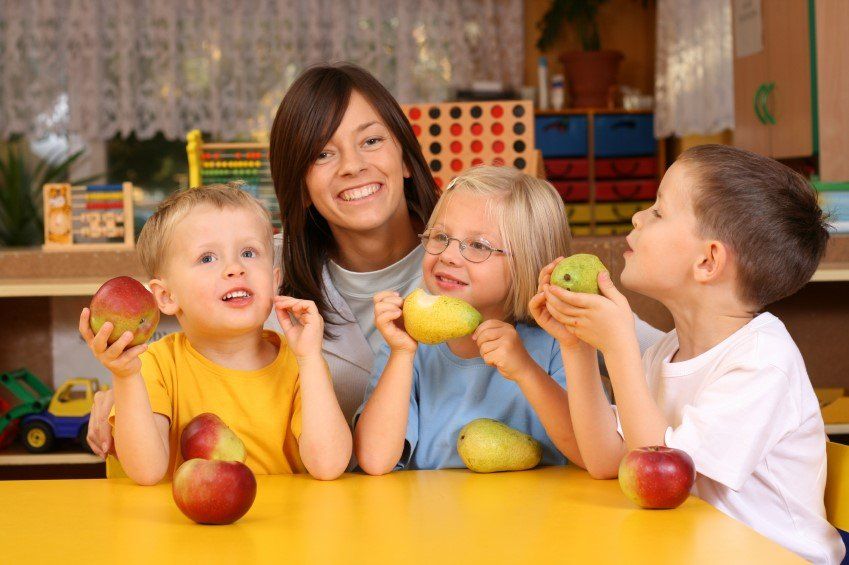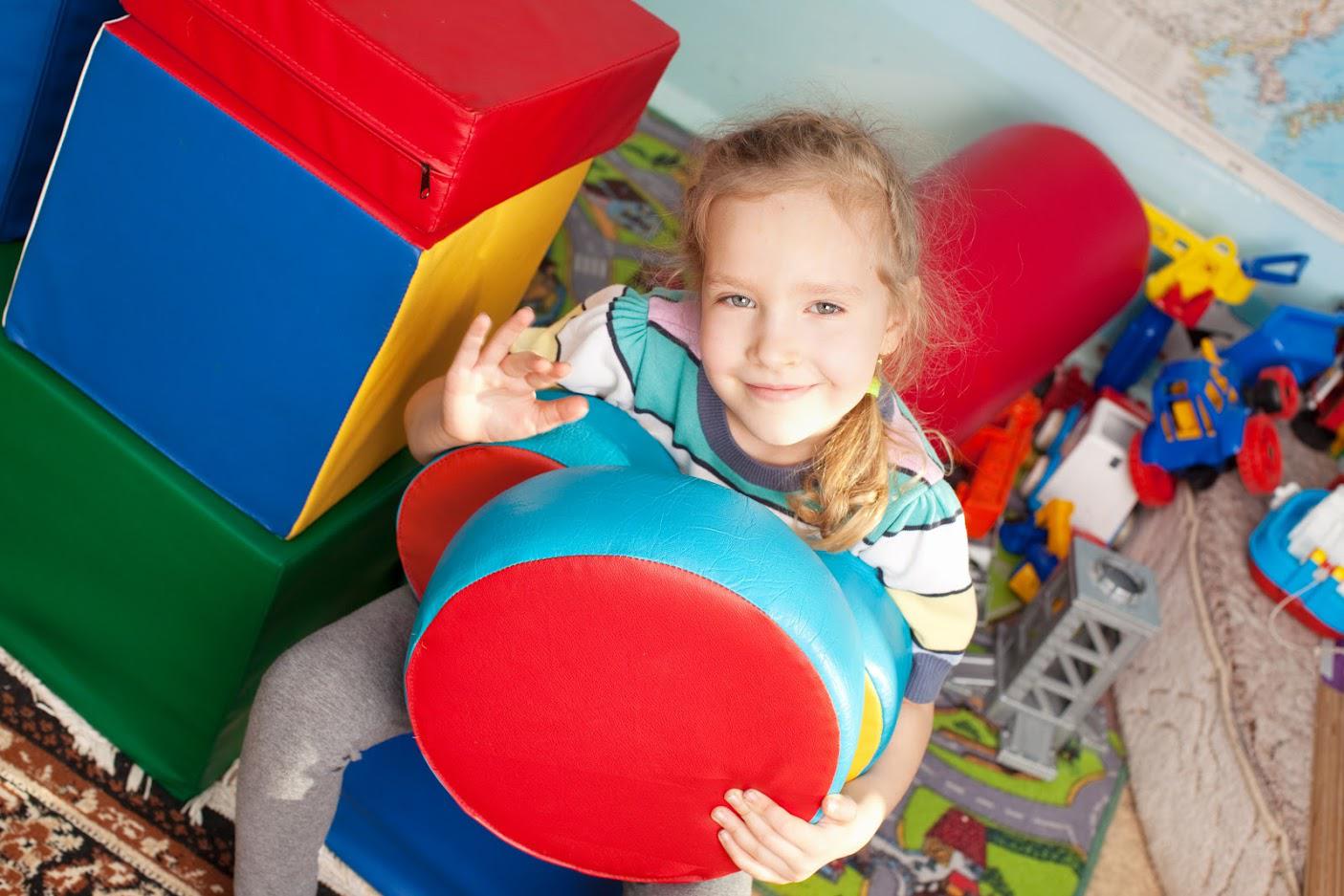4 Ways Prekindergarten Prepares Children for School
Prekindergarten is an important step in a child's development and education. Around 30% of children attend some form of preschool or prekindergarten classes. For some parents, prekindergarten is a fundamental option for childcare when one or both caregivers work.
However, prekindergarten is so much more than a safe place to leave your three- or four-year old while you work during the day. A good prekindergarten class boosts your child's potential for future success in school and life. Read on to learn more about these four ways prekindergarten prepares children for school.
1. Prekindergarten Helps Develop Confidence
Small children often lack confidence when they begin regular kindergarten in school. A new kindergarten class is full of strange children and a teacher they probably never met. Children frequently experience separation anxiety when they must leave their parents and stay apart for several hours. This type of behavior is normal for children.
Fortunately, the introduction of your child to prekindergarten helps them develop confidence necessary to succeed in school when they become five years of age. A prekindergarten classroom typically has fewer students. A smaller class size appears less intimidating and may help alleviate many fears your child may have about strangers or separation.
Activities your child engages in that mimic school activities while in prekindergarten also help them to gain confidence they can draw upon later. For instance, drawing, coloring, playing games, and listening to stories introduce expectations they will encounter in school. This type of confidence will stay with them as they begin school.
2. Prekindergarten Reinforces Healthy Eating Habits
You probably make sure your child eats healthy food at home by the foods you prepare and share with them at mealtime. If your child attends a full day of prekindergarten, you want to be sure they continue to receive a range of nutritional food choices.
Prekindergarten provides healthy breakfast, lunch, and snacks for your child that reinforces healthy eating habits you already established at home. Your child will learn that healthy food is not just a phase that parents insist upon, rather a real-life expectation that helps them to grow healthy and strong.
3. Prekindergarten Prepares Fine Motor Skills for Literacy
Fine motor skills are small muscle movements necessary for precision and hand-eye coordination. Children can develop these skills when they engage in activities in prekindergarten where they must manipulate objects with their fingers like:
- Coloring with crayons
- Stringing beads
- Molding clay
- Using zippers, buttons, and snaps
- These types of pursuits also help prepare their fine motor skills crucial for literacy. Great fine motor skills make your child better able to grasp a pencil and form letters and numbers. In prekindergarten, play is actually a child's work as they learn literacy skills they will use in school.
4. Prekindergarten Familiarizes Members of a Diverse Society
Prekindergarten is an effective way to introduce your child to more than good learning habits. Each class is an opportunity for children to become familiar with other members of a diverse ethnic society. Exposure to children that appear, act, speak, or believe differently helps cultivate acceptance and tolerance for others.
Part of being a good student and a good citizen is the ability to behave kindly toward others. Prekindergarten helps achieve this as well as introduces your child to proper social etiquette. A classroom setting models proper behavior for when it's time to wait in line, take turns, share toys, and use polite words.
When your son or daughter is ready to transition to prekindergarten, Small World Early Learning and Development Center is the right environment. Contact us and find out more about our prekindergarten programs.


